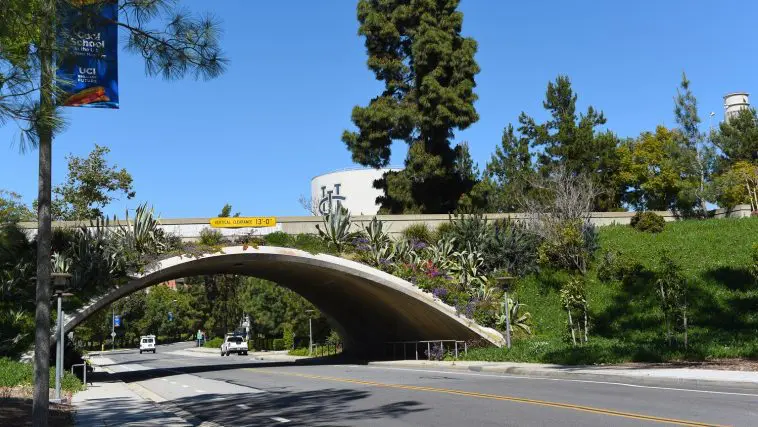[Originally published in 2013 as Scientific Fraud: A Surprising Study]
Dr. Arturo Casadevall is the chair and professor of microbiology and immunology at Albert Einstein College of Medicine. He is also the editor-in-chief of mBio, an open-access, online scientific journal that is sponsored by the American Society for Microbiology. Because of this latter position, he is very concerned about fraud in the scientific community. As a result, he and his colleagues decided to perform a study that would aid in our understanding of what causes scientific papers to be retracted and what kinds of people are doing the retracting. The results were not encouraging.
First, he and his colleagues studied all the retracted articles indexed by PubMed as of May 3, 2012. In all, there were 2,047 retracted papers, and according to their results, most of them were retracted because of some form of “misconduct.” Furthermore, the most likely form of misconduct was either fraud or suspected fraud. They also noted the following:1
…the incidence of retractions due to fraud is increasing, a trend that should be concerning to scientists and nonscientists alike.
So according to their analysis, fraud is the leading cause of scientific articles being retracted, and it is on the rise. As they note, this is a cause for great concern.
In order to understand more about the kinds of scientists who are committing fraud, the authors decided to do an extensive analysis of some individual cases. Specifically, they reviewed findings of misconduct that were published by the U.S. Office of Research Integrity. There were 228 individuals whose cases of misconduct had been filed, and nearly all of them (215 to be exact) were instances of fraud. When the authors of the study analyzed who was committing this fraud, they found some shocking results.
If you had asked me before I read the study who commits the most scientific fraud, I would have said it was graduate students. After all, graduate students are focused on getting their degree, so I would think they would be more likely to “cut corners” when it comes to doing scientific research. Also, I would have thought that graduate students were the least likely to worry about the future of their field, since they hadn’t yet invested much of their lives in it.
The results of the study, however, show that my answer would have been completely wrong. In fact, students were the least likely to be the ones committing the fraud! Postdoctoral research fellows (those who have a PhD but do not have a faculty position) were more likely to commit fraud than the students, but the most likely people to commit fraud were the professors (those who held a faculty position)!
So contrary to my initial thoughts, the higher a person’s scientific position, the more likely he or she is to commit fraud! Speaking of “he or she,” the other major finding of the study was that the majority of those committing fraud are male. Consider, for example, the professors committing fraud. Men accounted for 88% of those cases, while women accounted for only 12%. Now there are more male science professors than female, but not by that much. Females represent about 32% of science faculty members, so if the women had been committing fraud as much as the men, there would have been roughly three times as many cases of fraud among the female professors.
What’s causing all this fraud? The authors give one possible explanation:
The predominant economic system in science is “winner-take-all.” Such a reward system has the benefit of promoting competition and the open communication of new discoveries but has many perverse effects on the scientific enterprise. The scientific misconduct among both male and female scientists observed in this study may well reflect a darker side of competition in science.
However, I will offer a possible explanation that was not discussed in the study. At one time, most of the people practicing science were committed Christians. They viewed their science not just as a job or a way of discovering more about nature. Instead, they looked at it as a way of learning more about God. Consider, for example, the words of James Prescott Joule, one of the greatest scientists who has ever lived:2
After the knowledge of, and obedience to, the will of God, the next aim must be to know something of His attributes of wisdom, power and goodness as evidenced by His handiwork…It is evident that an acquaintance with natural laws means no less than an acquaintance with the mind of God therein expressed.
When a scientist views his or her work as a mission to learn more about the mind of God, I think the scientist will treat it with more reverence. Does that mean no scientist who is a Christian will commit scientific fraud? Of course not! I know some Christians who are truly despicable people. I am sure that some of the scientists who are committing fraud are Christians. Does it mean that all scientists who are atheists will commit fraud? Of course not! I know many atheists who are significantly more ethical and moral than some of the Christians I know. I personally know many atheist scientists who are doing excellent scientific work with no hint of moral or ethical stain.
All I am saying is that those scientists who view their work as a job are significantly more likely to be willing to “cut corners,” including the ethical and moral ones, to get the job done. Those who view their work as more of a mission will be less likely to do so. In my opinion, if we want to cut back on scientific fraud, we have to train and produce scientists who view their work as a mission, not a job.
References
- Ferric C. Fang, Joan W. Bennett, and Arturo Casadevall, “Males Are Overrepresented among Life Science Researchers Committing Scientific Misconduct,” mBio 4(1):e00640-12, 2013 (Available online)
- Clifford Pickover, Archimedes to Hawking:Laws of Science and the Great Minds Behind Them, Oxford University Press 2008, p. 306






